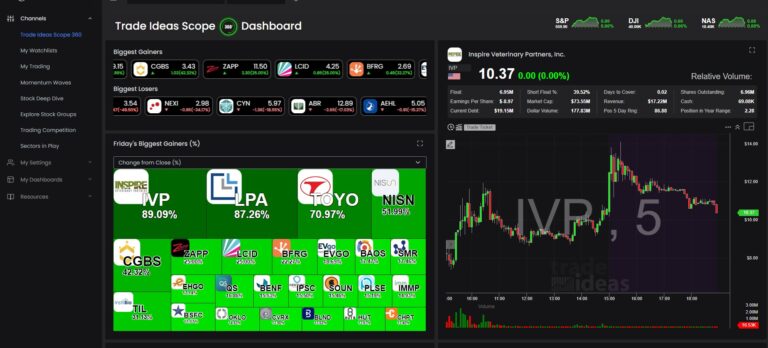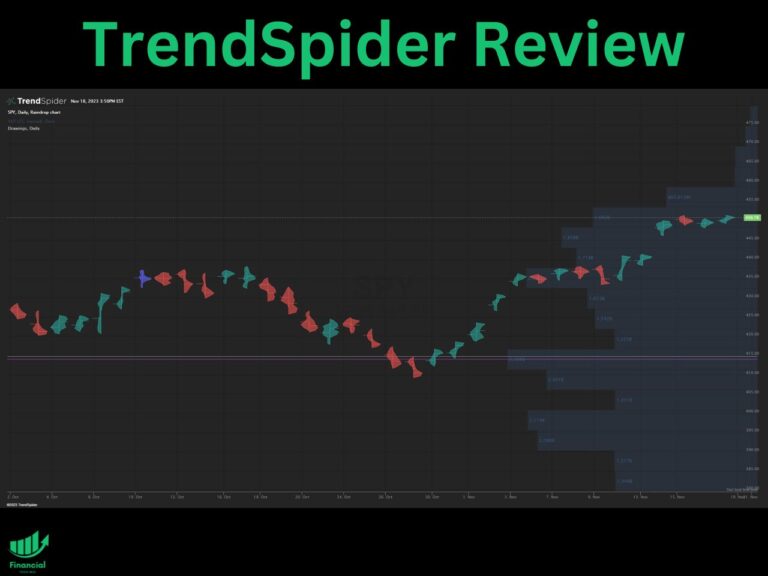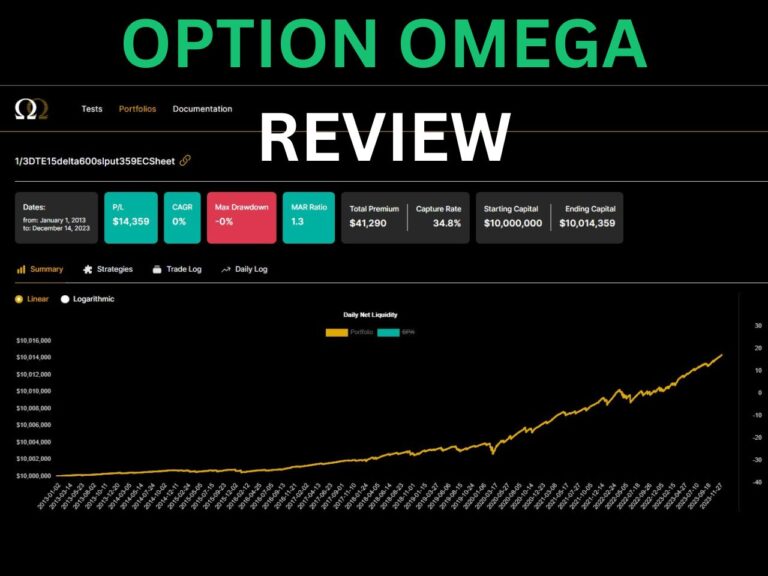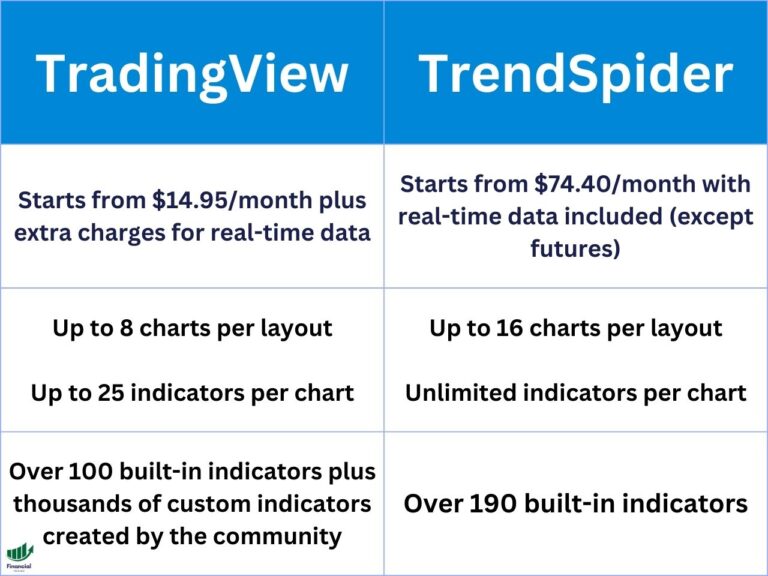tastytrade’s Jade Lizard Options Strategy Guide
In the options trading world, strategies have various names, such as the jade lizard.
The popular options trading financial network Tastytrade often talks about this trade, so let’s dive into how the jade lizard strategy works.
What is the Jade Lizard Options Strategy
The jade lizard options strategy is a bullish options selling strategy that involves a short put and a call credit spread.
The jade lizard strategy is excellent to open if you are slightly bullish to neutral on a stock’s price.
How Does a Jade Lizard Strategy Work
The jade lizard options strategy is when you sell a put and a call credit spread.
It is best to set the jade lizard up so there is no upside risk, meaning even if your call credit spread gets tested, the trade will profit overall.
Setting up a Jade Lizard
To set up a Jade Lizard, you must first sell a short put.
Next, you add a call credit spread that allows for no risk to the upside.
To ensure your trade is risk-free to the upside, you must collect more premium than the width of the two call strikes.
Therefore, if you sell a 30 strike call and buy a 32 strike call, you must collect $2 or more in premium to negate the upside risk.
Jade Lizard Strategy Example
Let’s analyze an example of a jade lizard options trade.

Stock Ticker: $X
Sell -1 19 put @1.06
Sell -1 26 call @0.75
Buy +1 27 call @0.62
Net credit = $1.27
In this jade lizard example on $X, we will sell the 19 put and the 26 call and buy the 27 call for a net credit of $1.27.
Since we collect $1.27, and the risk of the call credit spread is $1.00, we will have no upside risk even if $X goes above $27 per share.
Maximum Profit
The maximum profit of a jade lizard is equal to the credit received. Therefore, in our example of $X, $127 is the max profit.
Maximum Loss
The maximum loss of a jade lizard is equal to the risk of owning 100 shares of stock at the short put strike price.
For example, if you sell a $19 strike put on $X, your max loss is the stock going to $0, causing you to lose $1,900 minus the premium collected.
Breakeven Point
The breakeven point on a jade lizard is the short put strike price minus the total premium collected.
In our $X example, we collect $1.27 of premium and sell the $19 strike put.
If you subtract 19 – 1.27, you get the breakeven point of 17.73.
Advantages of the Jade Lizard
The main advantage of the jade lizard strategy is that you can make more options income than a short put if the stock stays flat.
The short put on its own is a great strategy, but the jade lizard strategy allows you to hedge some downside risk with no upside risk.
Tastytrade Jade Lizard Approach
You can trade the jade lizard strategy exactly how Tastytrade recommends by following the procedures below:
When to Open
You should open a jade lizard when neutral to bullish and the IV rank of the underlying stock is high.
When to Close
If you collect 50% of the original premium, you should take the trade off for a profit, according to Tastytrade. So in the $X example, you would buy the jade lizard back for about $0.63.
When to Manage
If the stock shoots through the call credit spread, you can roll the short put up to collect more premium.
If the stock sells off and tests the short put, you can roll the call credit spread down to collect more premium.
Otherwise, you can take the trade off at a loss if the short put’s delta gets too high.
– Free trading journal template & cheat sheet PDFs
– Custom scanners, watchlists, & market commentary
– Access our free trading course and community










